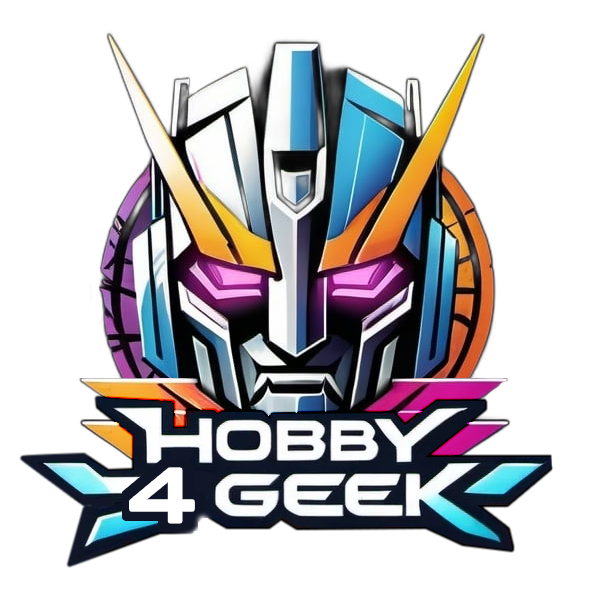Basically, you get one Geek point for every €5.51 you spend. Now, here’s the fun part: each Geek Point packs a punch, weighing in at around €0.08!And guess what? You can swap these digital treasures for sweet discounts when you’re ready to check out.
So, picture this: you snag that awesome item for €297.60 (VAT included), and boom – 59 Geek Points land in your account, totaling a nice €4.72.It’s like a little victory dance for treating yourself to something extra! Oh, and here’s the secret recipe behind the scenes: “Geek Points = Product Amount / 5.51”. Easy, right? Happy shopping, dear geeks!
The terms “Knock Off” (KO), “Third Party” (3rd Party), “Fourth Party” (4th Party), and “Official” (Licensed) are commonly used in the context of derivative products, particularly in the toy and collectibles industry. Here are their differences:
- “Knock Off” (KO): Knock Offs, often abbreviated as KO, are non licensed products intentionally imitating official ones but are typically of inferior quality but cheaper.
- “Third Party” (3rd Party): Third Party refers to manufacturers producing their own unlicensed products inspired by licensed characters, but designed to be compatible with existing ranges of licensed products. For example, in the Transformers toy industry, Third Party manufacturers often produce figures and accessories compatible with official toy lines, but not produced by Hasbro or Takara Tomy.
- “Fourth Party” (4th Party): The term “Fourth Party” is not as common as the others and may not be universally recognized in all contexts. However, in some industries, the term may refer to companies or individuals who provide services or products to third parties (Third Parties), often in the context of contracts or complex agreements involving multiple parties. The distinction between Third Party and Fourth Party may vary depending on the specific context.
- Official (Licensed): Licensed products, also known as official products, are those authorized by the rights holder. This means the manufacturer has obtained legal rights to produce and sell products based on a specific franchise, character, or intellectual property. Licensed products are typically of higher quality and receive support from the rights holder. For example, Marvel or Star Wars toys manufactured by Hasbro are official licensed products.


 Christmas is coming, we’re giving -30%
Christmas is coming, we’re giving -30% Hurry up! The code is reusable infinitely until December 31st! It applies only to products in stock in our inventory in France.
Hurry up! The code is reusable infinitely until December 31st! It applies only to products in stock in our inventory in France.


